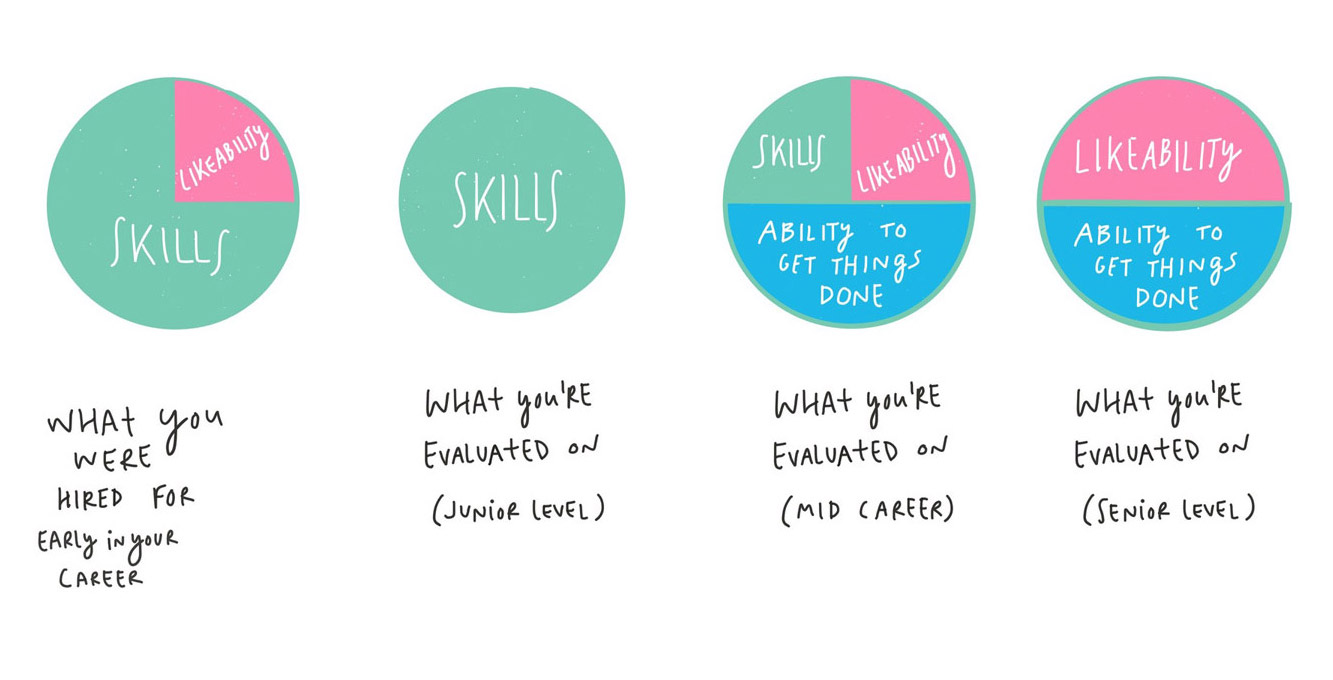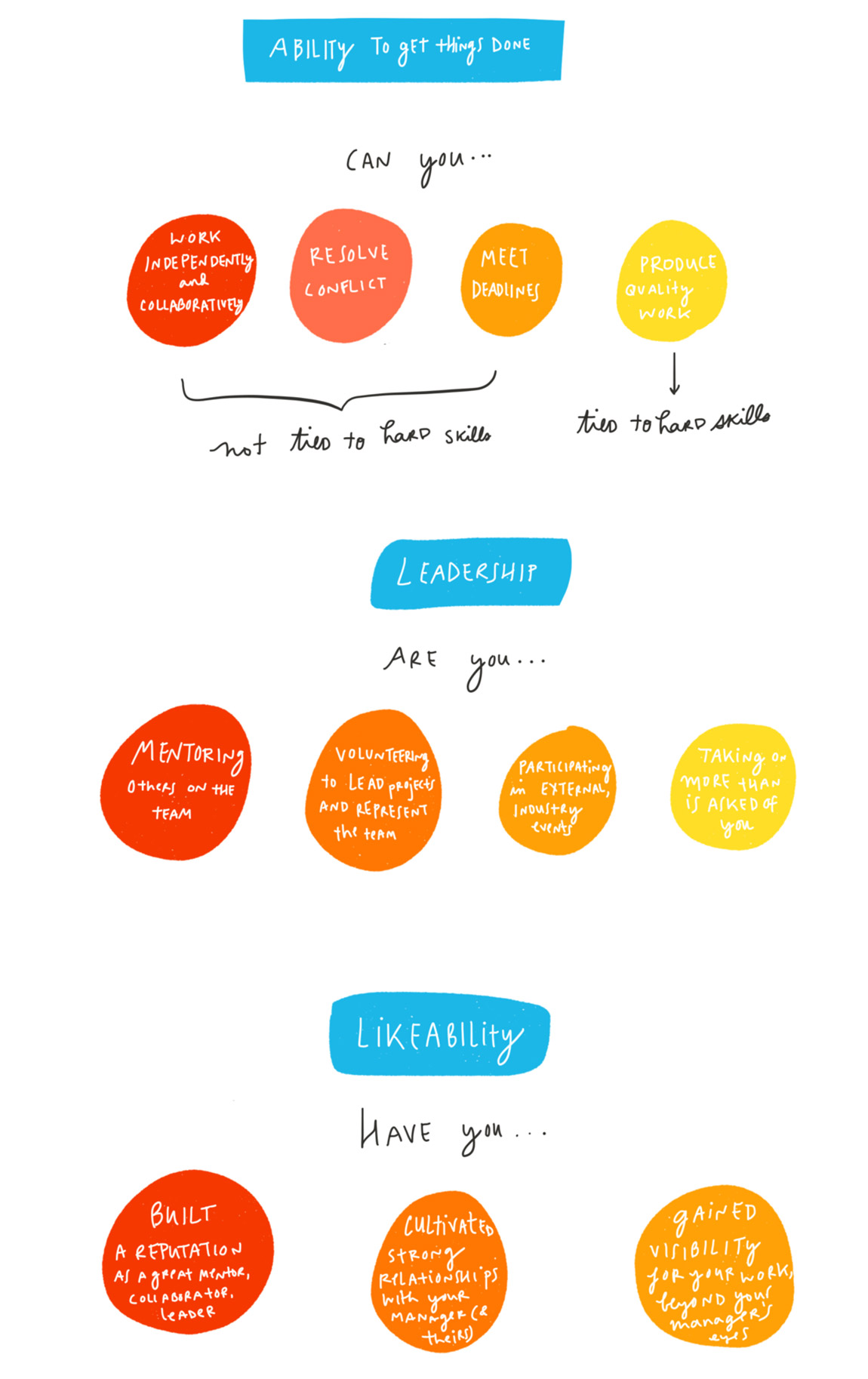#ResumeWriting : In a Hot Job Market, Forget A.I. – Get in the S.H.A.D.E. … Caution: Recruiters are Using Programs to Weed Out AI Resumes. GReat REad!
In the week ending June 8, 2024, seasonally adjusted initial unemployment claims for benefits were ~242,000, an increase of 13,000 from the previous week of 229,000 (according to the USDOL). Going into the hot summer months, it will get harder for job seekers to find work. Job seekers need every advantage to get noticed by hiring managers. With more applicants per position, employers can be picky.
Interestingly, the ‘hot trend’ of using Artificial Intelligence (AI) to write resumes seems to be picking up steam. Unfortunately, using AI may hurt versus help job seekers. Over the last year, I have noticed AI-generated resumes focusing on ‘high-dollar words,’ glorified and subjective descriptions, and trendy buzzwords, and unfortunately, do NOT explain what the job seeker physically did nor achievements for current or past employers.
Job seekers are paying third-party platforms to create resumes for them. These resumes look and sound impressive on the first read. After the initial glance, recruiters may have difficulty deciphering the ‘fancy language’ used by the AI generator. There is a term used by computer programmers – GIGO (Garbage In, Garbage Out). Artificial Intelligence gathers thousands of resume samples from the web to learn. Still, AI cannot discern the difference between a poorly written resume and a keyword-packed, metric-rich resume that recruiters seek. So everything gets lumped together – the garbage and the gold.
Increasingly, recruiters are using programs to weed out AI resumes and auto-reject those applicants. AI-generated documents have an almost recognizable style and tone, and the ‘anti-AI’ software is trained to identify and reject those. Recruiters want to see a human-written resume.
Job seekers must show why hiring them will increase the employer’s revenue, reduce overhead expenses, and answer why this job seeker is the best hire?’ against job-seeker competitors. When writing a resume, there are specific elements hiring managers want to see in a resume:
Skill Capabilities
Hard (vs Soft) Skills
Achievements & Accomplishments
Diversity (broad job skills)
Education & Training
Like this Article? Share It!You can now easily enjoy/follow/share Today our Award-Winning Articles/Blogs with Now Over 3.5 Million Growing Participates Worldwide in our various Social Media formats below:
Updated NEWS: #BestofFSCBlog – Aug23 we hit Two Milestones: #1– Hit over 1.2 million impressions on our FSC Career Blogs within 7 days on LinkedIn……. #2– Over 3.5 Million participates on our FSC Career Blog page below within three years! Both the Team/myself want to thank you all for participating! …… Chris G. & Team,www.firstsun.com
Daily FSC Career Blogs/Articles: Articles/blogs on today’s Job Search (Over 8K Daily Readers)- Go to ‘Blog Search’ & type in updated info on resumes, job search, networking, social media job search, etc.
https://www.firstsun.com/fsc-career-blog/
New- FSC LinkedIn Newsletter– Daily articles/blogs on Today’s Job Market & Seach. Subscribe Today!
https://www.linkedin.com/newsletters/fsc-linkedin-network-7081658661743308800
Connect with us on LinkedIn (under Chris G. Laughter) : https://www.linkedin.com/in/chris-g-laughter-b46389198/
Best Daily Choice: Follow the Best of FSC Career Articles/Blogs @
https://twitter.com/search?q=bestoffscblog&src=typeahead_click
Question: Searching for ‘the Best Daily Career Search Articles/Blogs on the web’ on Job Search, Resume, Advancing/Changing your Career, or simply Managing People?
Answer: Simply go to our FSC Career Blog below & Type(Jobsearch, Resume, Networking, etc) in Blog Search: https://www.firstsun.com/fsc-career-blog/
What Skill Sets Do You Have to be ‘Sharpened‘?
Did you know? First Sun Consulting, Llc (FSC) is celebrating over 32 years in delivering corporate & individual outplacement services & programs to over 1200 corporate clients in the U.S., Canada, the UK, & Mexico! Visit us @ www.firstsun.com OR Ask for a Quote for Services at info@firstsun.com
We here at FSC want to thank each of our corporate partners for the opportunity to serve & moving each of their transitioning employee(s) rapidly toward employment!
Article continued …
The worst thing job seekers can do is copy and paste the job description announcement from a public job notice. Adding AI-generated job descriptions is a second worse scenario. The best resumes have unique language that describes specific Skills (capabilities). The resume needs to list job-related Hard skills or unique technologies used in current or past jobs. (The job seeker can showcase their soft skills [personality, speaking capabilities] during the interview.)
The resume job descriptions should showcase Achievements and accomplishments and the monetary or positive organizational results. What sales revenues resulted? How many manufacturing units were completed in a record time?
The job seeker should include a Diversity of tasks and responsibilities (not only performing their job but backup co-workers’ responsibilities). What cross-training tasking can the job seeker perform? Does the job seeker have a broad range of skills (e.g., accounting, budgeting, sales, presentations) from previous jobs they can perform? Did they supervise others?
Education and training demonstrate knowledge of a specific industry and experience in training others. What computer skills are the job seeker bringing to the table? How many certifications do the job seeker have in the industry or field?
Job seekers should showcase how they have been ‘leaders’ – team lead, supervisor, or oversight to coworkers. What projects did they volunteer for, or did they lead others in accomplishing company strategic goals? How successful were the project achievements in metrics (e.g., sales increases of $XXX; reduction of XX man-hours)?
The resume should be a richly-worded document of ‘what the job seeker has done’ and ‘capabilities’ for hiring consideration. A vague or poorly written resume can easily be ignored (or marked as insufficient experience in the ATS software platform).
The goal is to get enough rich ‘teaser’ information into the resume that the hiring manager wants to call the applicant in for an interview to find out more. Artificial Intelligence programs have not yet reached the pinnacle of compiling information into a practical document. If the job seeker focuses on the S.H.A.D.E. in writing their resume, they will increase their success of catching the eye of recruiters.
FSC Career Blog Author: Dawn Boyer, Ph.D., owner of D. Boyer Consulting – provides resume writing, editing, publishing, and print-on-demand consulting. Reach her at Dawn.Boyer@me.com or visit her website at www.dboyerconsulting.com.
Bio: Dawn D. Boyer, Ph.D., has been an entrepreneur and business owner for 20+ years, with a successful business and consulting firm (CEO) in Virginia Beach, Norfolk, Richmond, Dahlgren/Colonial Beach, and Gloucester, VA. Her background experience is 24+ years in the Human Resources field, of which 12+ years are within the Federal & Defense Contracting industry. She is the author of 1,022+ books on business, human resources research, career search practice, women and gender study, genealogy and family lineages, quotes for motivation and self-improvement, and Adult Coloring Books. Her books are on Amazon.com under her author’s page for Dawn D. Boyer, Ph.D.
FSC Career Blog – June 19, 2024












